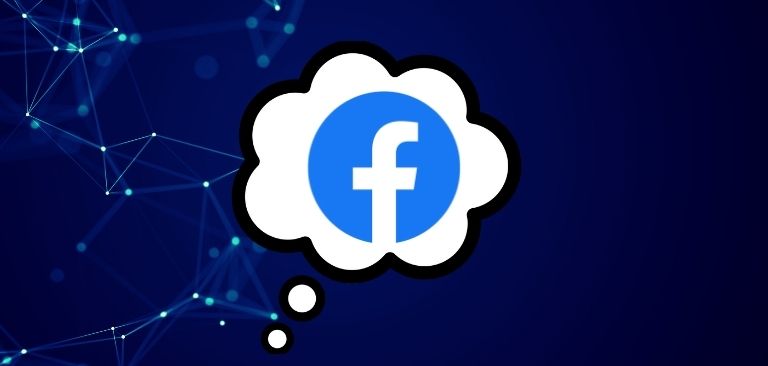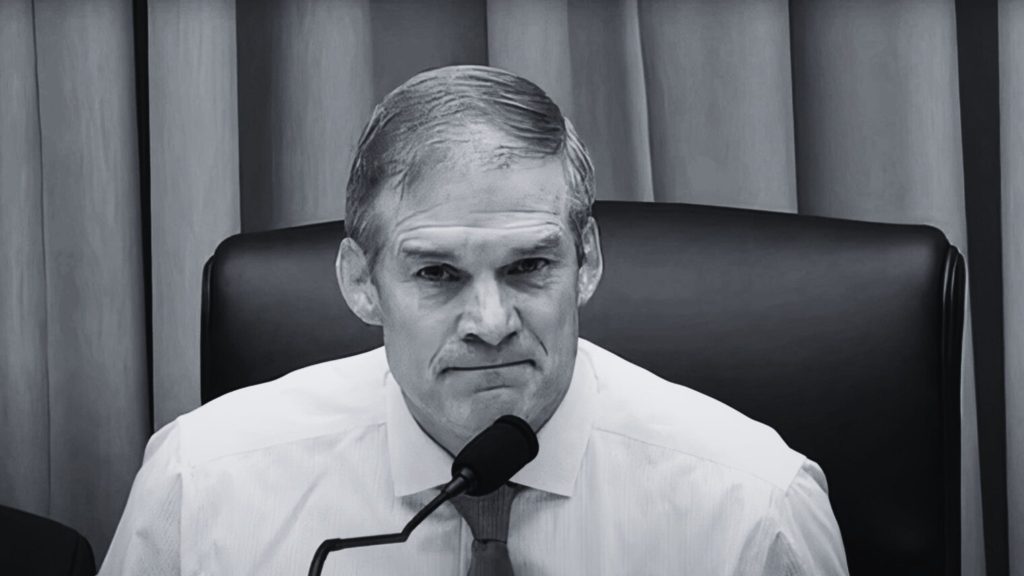For a social media giant that fact-checks memes (particularly over on Instagram) – fact-checking opinion pieces and editorials must be, policy and justification-wise, a walk in the park.
We’re talking about Facebook, of course, and Poynter is letting us know that third party contractors are now allowed to flag op-eds as “altered” and “missing context,” in addition to an existing set of ratings.
This reversal comes soon after Senator Elizabeth Warren and other Democrats wrote to Facebook to ask why Facebook doesn’t allow fact-checkers to look over opinion pieces.
They say that opinions are like assholes, in that everybody has one, but Facebook has now “clarified” what that means as far as the giant is concerned: sure, you can have an opinion, but you may not be able to express it. Those who interpret this as stifling of freedom of expression will surely be forgiven.
Facebook addressed the International Fact-Checking Network to make further clarifications: if fact-checkers decide that opinion pieces and even op-eds contain misinformation, it means their authors won’t be given “a free pass” just because of the nature of their work.
True, Facebook doesn’t make direct threats of automatic deletion, saying instead that such content “may still be eligible for a rating.”
This “clarification” is meant to remove existing confusion around the subject felt by fact-checkers, who are clearly unsure whether somebody’s opinion is fair censorship game.
One of them, from Brazil-based fact-checker Agencia Lupa, also used the expression “free pass” to describe what has been happening so far with opinion and op-eds – saying those working for this company always knew this type of content should be eligible – and think Facebook has made a good step that makes their lives easier.
But it’s Summer Chen of Taiwan Fact-Check Center who gets, or at least, tries to get to the point: to fact-check or not to fact-check was in the past a dilemma mostly around “politicians’ opinions” seen as spreading false information.
“We surely would have liked to have flagged some,” said Chen.
But that will have to wait, at least for a while, because Facebook had another clarification: a spokesman said that fact-checkers from third party companies the giant hires are still not allowed to “rate” statements from politicians.
Other fact-checkers lamented not being able to use these new rules earlier to suppress “contrarian” opinions about coronavirus.
If you're tired of censorship and dystopian threats against civil liberties, subscribe to Reclaim The Net.









